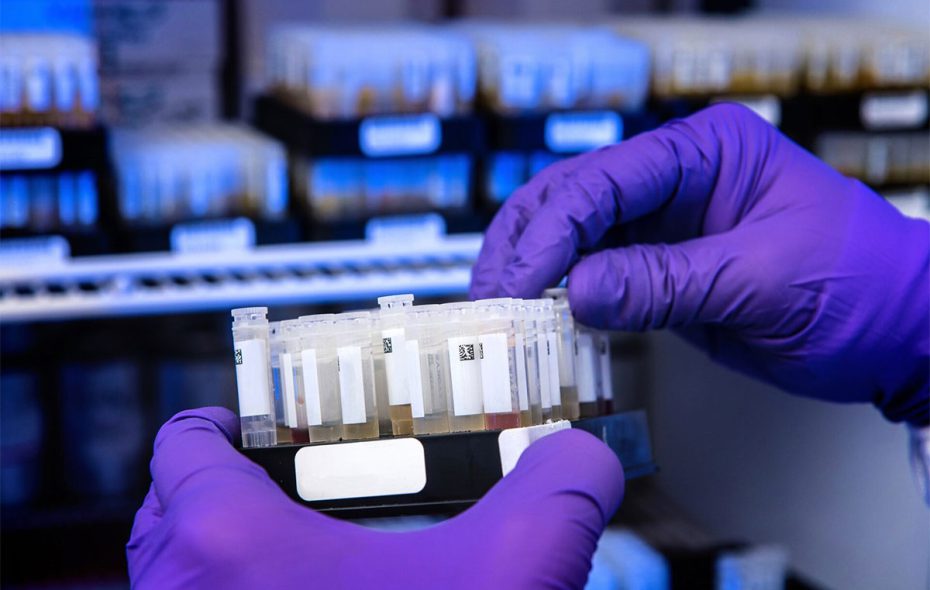
SynbiCITE, the UK’s national centre for the commercialisation of engineering biology, is powering the engineering biology industry, applying lab-based R&D excellence to fuel the development of tools, products, processes and services for high-value manufacturing industries. SynbiCITE’s four-day MBA course exemplifies this, helping develop the entrepreneurial and management skills in scientists required to run a biotechnology company.
Aimed at budding entrepreneurs, from post-graduates to seasoned academics, who want to gain a thorough understanding of the biotech sector and how to start a biotech-based company, the MBA course teaches how to manage IP, understand biotech and pharma business models and raise finance. Throughout the course teams develop their concept for a biotechnology company, pitching this to an expert judging panel at the end of the four days.
The latest MBA course took place in Nottingham, home to one of the UK’s Engineering Biology Research Centres, at which UKI2S’ Pablo Lubroth, Investment Manager, acted as a member of the judging panel. Six teams presented, pitching concepts ranging from industrial biotechnology, to oncology therapeutics and microbiome sequencing. Each team had just a couple of days to ideate, plan and deliver its venture – a tremendous task!
“Overall, the quality of the pitches was exceptional, and included all the key messages needed to raise finance from a deep tech seed fund, such as UKI2S.” Commented Pablo. “Excitingly, many focused on utilising unwanted product streams to create valuable products; such as converting greenhouse gases into feed. Companies able to generate revenue whilst contributing to the circular bioeconomy have the best chance of changing attitudes towards reducing atmospheric emissions, creating a better future for everyone.”
The theme of live therapeutics ran throughout the healthcare focused pitches, including engineered microorganisms, usually bacteria, producing synthetic proteins in the gut aimed at treating a range of diseases. This follows the current industry trend of engineering viruses (vectors) to treat genetic conditions through gene therapy.
As research becomes more applied, it is essential for bioscientists to understand how best to translate their findings. As a fund, UKI2S has an emphasis on coaching scientists and entrepreneurs on how to manage a business and think strategically. We understand that an academic spin-out cannot have a perfect business plan, and we can help the founders move from a research project to a company.
Get in touch if you’re thinking of translating your engineering biology research!